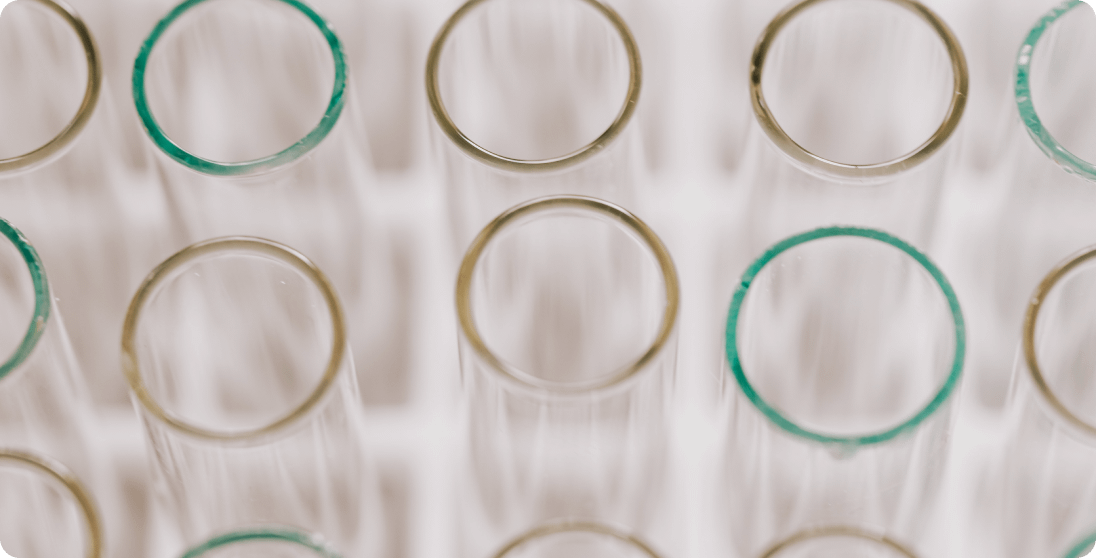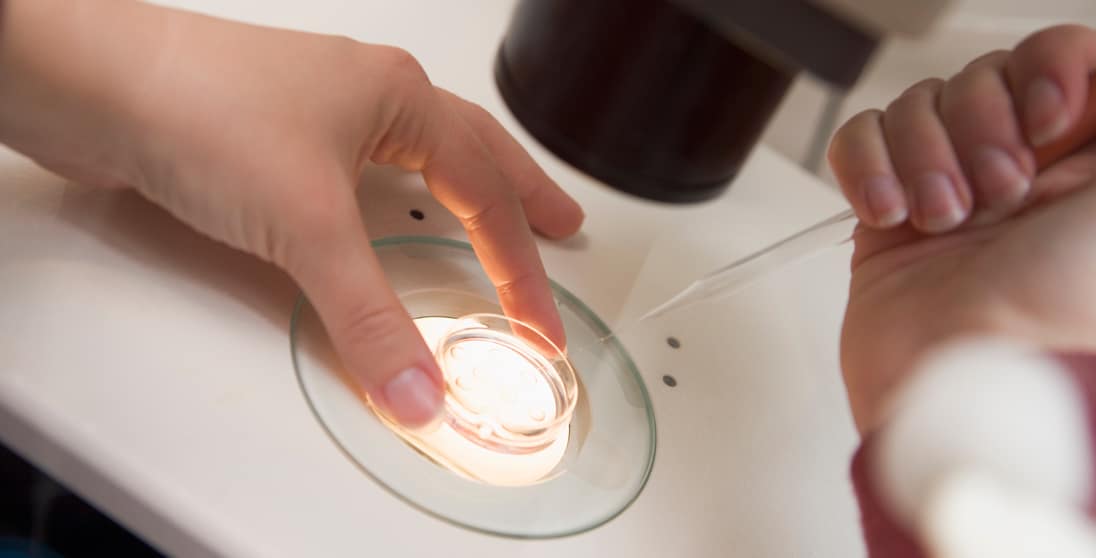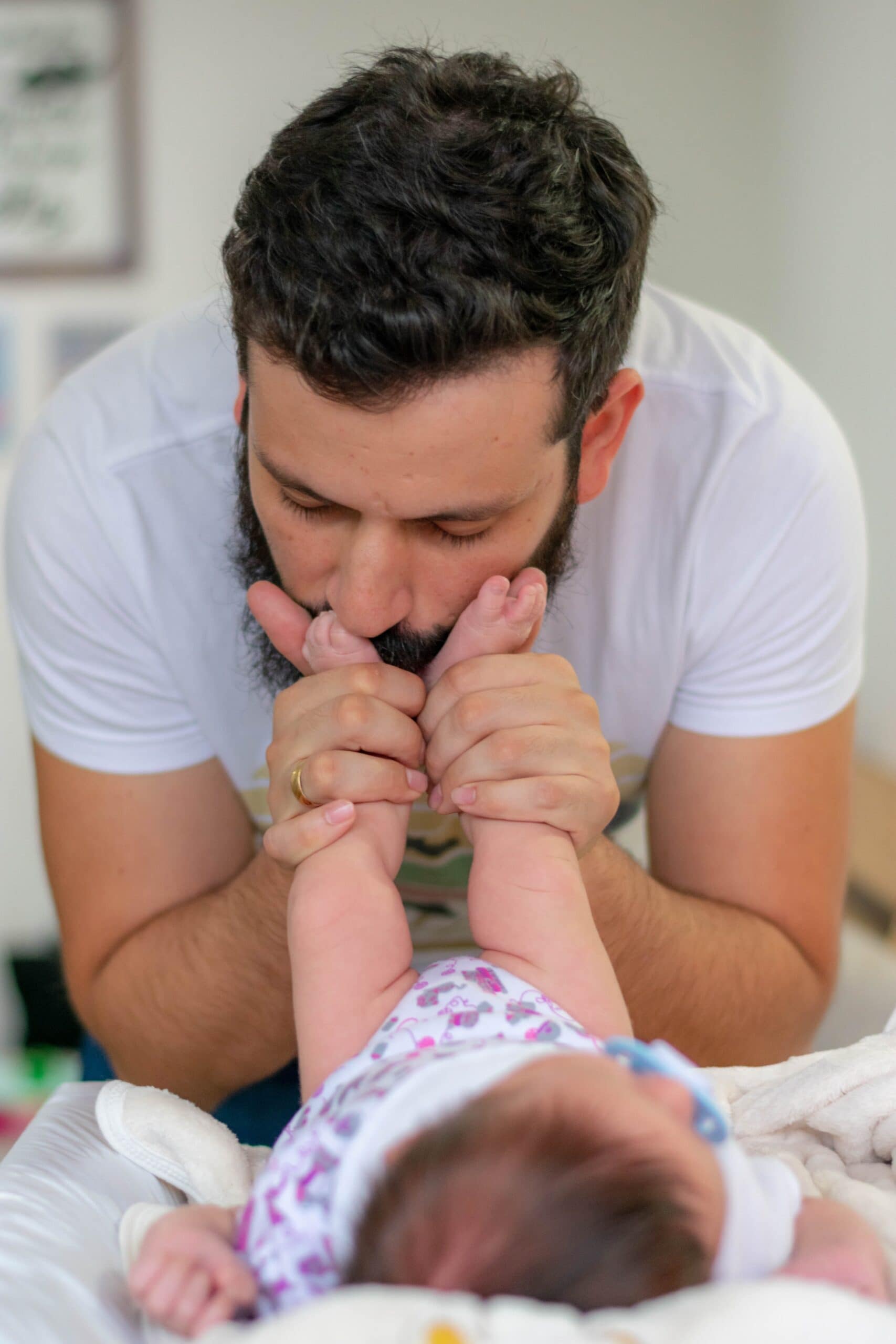


Welcoming You to Your Fertility Journey — Here’s What to Expect at Bay IVF


From your first call to your consultation, our goal is simple: help you feel informed, supported, and confident every step of the way.

Your First Call

What happens:
- When you reach out, you’ll speak with one of our care team members who will ask a brief set of questions about your history and goals. This is purely to help us understand you — there’s no pressure or obligation.
- Warm, friendly, and listened to.
- Our team is available to answer any of your questions and schedule your consultation.

In-Person Consultation with Dr. Polansky

Step-by-step on your visit:
- You’ll arrive and be greeted in our calming, comfortable space.
- A nurse will greet you by name and check your vitals.
- Dr. Polansky will meet you personally, review your story, listen carefully to your concerns, and perform a gentle ultrasound to assess your ovarian reserve and uterine environment.
- You’ll have time to ask questions — no timeout.
- We’ll review treatment options together, including what makes sense for you.
- You’ll leave with clarity, a next-step plan, and an honest talk about costs and logistics.
What makes it different:
You’ll be treated personally — no big hospital waiting rooms, no rotating doctors. We keep it intimate so you feel cared for, not processed.

Preparing for Treatment

Before your treatment begins:
We’ll guide you through any necessary preparations.
- Short screening labs & ultrasound (ovarian reserve, uterine ultrasound, partner semen analysis).
- Lifestyle/diet guidance tailored to fertility (we’ll send you our “IVF Diet & Lifestyle” document).
- Final paperwork and treatment calendar delivered via email
Time-frame:
Many of our patients begin treatment within 1–6 weeks from their consultation, depending on the timing of their menstrual cycle and readiness.
What you’ll feel:
Prepared. Clear. Supported. With us holding your hand through every step.

Your Treatment Cycle

What to expect:
- A personalized stimulation protocol designed for your body — we emphasize egg/embryo quality rather than sheer quantity.
- Fewer clinic visits, wherever possible, so that you can maintain your everyday life.
- Day of egg retrieval: a short procedure under sedation; most patients are comfortable and return home quickly.
- Embryo transfer and subsequent monitoring — we keep you informed every step.
Typical time span:
From the start of stimulation to embryo transfer is often 3-8 weeks, though each journey is unique.
What you’ll feel:
Supported. Empowered. Able to keep your life moving while we work together toward success.

After Your Embryo Transfer

What happens next:
- About 10 days after your transfer: blood pregnancy test.
- If positive: ultrasound around 6–7 weeks to confirm fetal heartbeat.
- Once confirmed, we’ll hand off your care to your OB/GYN with full documentation and support.
What you’ll feel:
Relieved. Ready. Trusting that you’re in capable hands.

For Out-of-Area Patients

If you’re coming from outside the immediate Bay Area:
- We may ask you to complete initial labs and an ultrasound closer to home.
- We’ll schedule your in-person visit and cycle timing so you can travel only when needed.
- After retrieval/embryo transfer, you’re free to return home (if approved), and we’ll monitor you remotely.
What you’ll feel:
Convenient. Flexible. Included — even if you’re not local.

Final Note — What Makes This Simple & Gentle at Bay IVF

- You’ll always talk to someone who cares.
- We believe in quality first, so you’ll have fewer visits, less stress, and more clarity.
- Transparency in costs, treatment plan, and timeline — no hidden surprises.
- Your journey is unique — we honor that and treat you like a person, not a case number.
- Every patient’s path is different. The timelines above are typical but not guaranteed. Your actual treatment plan, visits, and outcomes may differ based on your unique situation.

Ready to take the next step?

Call or text us at 📞 650 322 0500 — even if you only have questions. Your first conversation is free, with no obligations —just an honest talk about your first step forward.


FAQ — Find Answers to Your Queries
Here are some of the most commonly asked fertility-related questions. A more comprehensive FAQ selection is available on the FAQ page.
Should we transfer one or two embryos?
About half of our patients transfer two embryos at a time, while the other half choose to transfer only one embryo in each transfer. We will always provide guidance, but you will have the final say in whether to transfer one or two embryos.
What is gender selection treatment?
Gender selection is an extension of IVF treatment that utilizes the Pre-implantation Genetic Testing (PGT) procedure to identify the gender of each embryo. With this method, prospective parents can know the gender of each embryo with 100% accuracy prior to transfer into the uterus.
I am from the LGBTQ+ community. Can I have my treatment at Bay IVF?
Yes! We take pride in being one of the first fertility clinics in Northern California to offer In Vitro Fertilization services for lesbian partners. Our clinic is LGBTQ+ friendly and experienced in both lesbian IVF and Reciprocal IVF.
Is the egg retrieval procedure painful?
Your egg retrieval should be a very comfortable experience, as we use effective pain and relaxation medications. Most patients will sleep through the 5-10 minute egg retrieval procedure, though some may experience mild menstrual-like cramping.
What is the IVF cut-off age?
The probability of a successful IVF treatment becomes exceedingly low by age 44. You must be 43 and 11 months or younger at the time your IVF treatment begins. Patients who are 44 and older should strongly consider Donor Egg IVF as the most effective treatment option to achieve a successful pregnancy.
I am over 44, but my ovarian reserve is very good. Can I do IVF treatment?
We have occasionally provided IVF treatment to women over the age of 44 when their antral follicle count and AMH results suggest that their eggs are biologically younger than their chronological age.
What are the BMI requirements?
Your BMI must be no greater than 31 for an adequate ovarian response and safety during the egg retrieval procedure. If your BMI is higher, please follow the IVF Diet and Lifestyle (PDF) recommendations as closely as possible. Doing so can help you achieve weight loss at an optimal rate, which could significantly improve your chances of a successful pregnancy.
Do you offer payment plans?
Bay IVF has partnered with Future Family to offer accessible, personal, and affordable fertility care financing. Their mission is to make fertility care more accessible and affordable. Future Family loans are an alternative to high-interest credit cards and dipping into your savings. They offer 0% APR financing for those who are eligible, as well as low monthly payment plans. Prequalifying is risk-free, easy, and will not affect your credit score.



Let’s Begin This Journey Together
Your first conversation is free — no pressure, just real answers from people who care.
Call us today to speak directly with our team and take your first step toward growing your family.
Meet Your Doctor

- Dr. Polansky received his medical diploma from Charles University in Prague, the Czech Republic, in 1978.
- After completing his OB/GYN residency at Jewish Hospital in Saint Louis, MO, he graduated from the Reproductive Endocrinology and Infertility (REI) fellowship at Stanford University in 1985.
- In the same year, he co-founded the Stanford IVF Clinic.
- Dr. Polansky obtained board certification in Obstetrics and Gynecology in 1986 and became REI subspecialty board certified in 1988.
- In 1987, he left Stanford University and established Nova IVF.
- In 2011, he founded Bay IVF, where he provides advanced fertility treatments with a holistic approach, utilizing state-of-the-art techniques.
- Dr. Polansky personally performs ultrasound examinations, egg retrievals, embryo transfers, and ovarian and endometrial stimulations for his patients.
- He is deeply committed to his patients and is always ready to lend a helping hand.
Frank Polansky, M.D.



Initial Appointment Questions
When you call to schedule your consultation, one of our Front Office Coordinators will ask you a short series of simple questions regarding your reproductive history. You will also have an opportunity to ask any financial questions.
Your Initial Visit at Bay IVF
A new patient appointment at a fertility clinic can be stressful. Our goal is to make your initial visit as friendly and relaxing as possible. We encourage you to ask questions at every step of the process to make you feel comfortable and informed.

When You Arrive
You will be welcomed by one of the clinic’s receptionists. One of our nurses will measure your height and weight and take your blood pressure.

Meet Your Doctor
Dr. Polansky will ask you a series of clarifying questions and then provide you with a summary of the factors contributing to your infertility.

Ask Your Questions
You will then have a discussion with him about the most suitable reproductive treatment(s) for you. During this time, you will have the opportunity to ask any questions you may have.

Exam Room
One of the nurses will escort you to an examination room. Your examination will begin with listening to your lungs and heart.

Ultrasound of the Ovaries
The next step is a pelvic ultrasound to examine the uterus and ovaries. This ultrasound will help determine the number of antral follicles present within the ovaries.

Financial Part
After that, you will discuss the financial aspects of your treatment with one of the financial advisors, including potential financing options.

Support 24/7
If you have any questions after leaving the clinic, please feel free to reach out to us by phone, text, or email. Open and discreet communication is an integral part of the care we provide at Bay IVF.

What About Time?
Your entire visit is expected to last approximately one hour.


Schedule Your Initial Consultation With Dr. Polansky
Online (no cost) or In-Person
Call or Text Us: Call or text us at 📞 650 322 0500
You can also complete the form below to request your initial consultation.


Let’s talk about your next step







